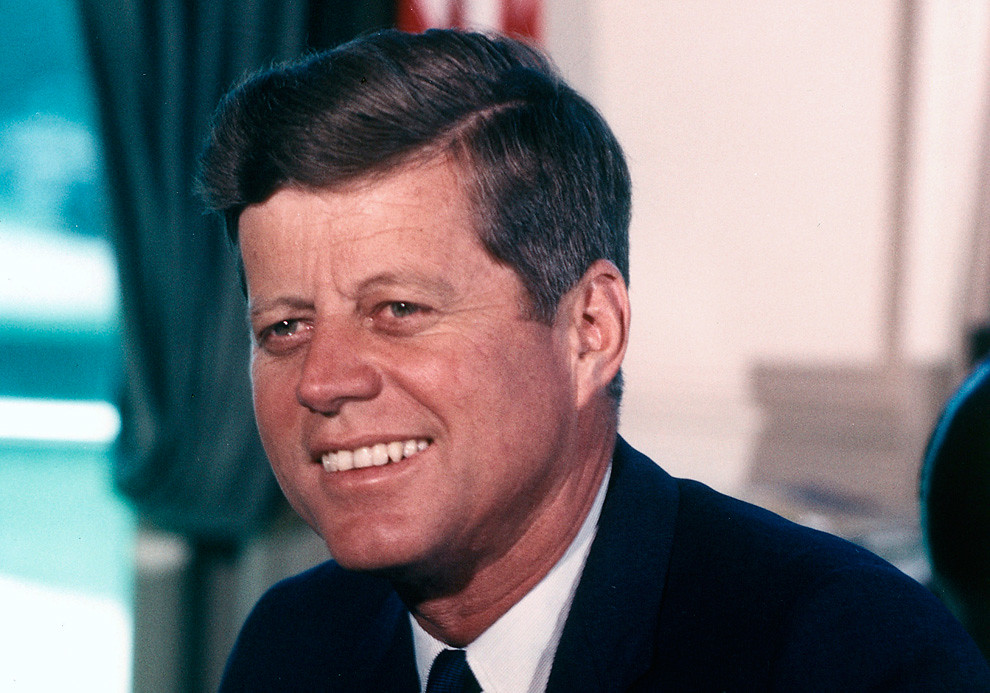Key Takeaways
- Tulsi Gabbard, Director of National Intelligence under President Trump, revealed using AI to decide which JFK assassination files to declassify.
- AI helped speed up the process, reducing time and costs.
- The release of JFK files caused controversy due to sensitive information being made public.
- The JFK assassination remains a topic of conspiracy theories.
Tulsi Gabbard Reveals AI Use in Declassifying JFK Files
Tulsi Gabbard, the former Director of National Intelligence under President Trump, recently shared an unusual method used to determine which JFK assassination files to release to the public. At a conference, she admitted that artificial intelligence (AI) software played a key role in the decision-making process.
Gabbard explained that AI tools were used to analyze sensitive documents before their release. This helped identify which parts of the files should remain classified. For example, AI scanned through pages to find personal information or data that could harm national security. This saved time and allowed intelligence officers to focus on more important tasks.
She also mentioned that this process was much faster than the traditional method, where humans had to manually review each document. In the past, experts predicted the process would take months or even years. But with AI, the work was completed much sooner.
The JFK Assassination and AI’s Role
The JFK assassination in 1963 is one of the most studied events in U.S. history. After the Dallas shooting, conspiracy theories began to spread. Many people questioned whether Lee Harvey Oswald acted alone or if there was a larger plot involving spies, government agencies, or political rivals.
Decades later, when Trump ordered the release of the JFK files, Gabbard turned to AI for help. The AI software scanned thousands of pages, identifying sensitive information that needed to remain secret. This allowed the government to release most of the files quickly.
However, the release of the JFK files wasn’t without issues. Many critics pointed out that the documents included personal information about hundreds of congressional staffers, such as Social Security numbers. This raised concerns about privacy and the responsibility of releasing such sensitive data.
Controversy Over Data Release
When the JFK files were released in March, the Trump administration faced backlash. Critics argued that the government had not properly reviewed the files before releasing them to the public. As a result, private information about many people was exposed, leading to calls for stricter oversight.
Gabbard defended the use of AI, saying it was a responsible way to handle the declassification process. She emphasized that AI can save time and money while allowing intelligence officers to focus on more critical tasks. However, the controversy surrounding the data release showed that relying entirely on AI isn’t perfect.
The Lasting Impact of JFK Conspiracy Theories
The JFK assassination has left a lasting mark on American history. Many people still question the official story, believing there was a conspiracy. These theories range from claims of CIA involvement to suggestions that foreign powers were involved.
Gabbard’s use of AI to declassify files brings new attention to the case. While AI can help uncover new information, it doesn’t answer the big question: Did Lee Harvey Oswald act alone? The release of the JFK files may have provided some clarity, but it also fueled more speculation.
The Future of AI in Intelligence Work
Gabbard’s experience highlights the growing role of AI in intelligence work. She believes AI can transform how intelligence agencies operate. From analyzing documents to managing human resources, AI has the potential to save time and money.
However, the controversy surrounding the JFK files shows that AI isn’t a perfect solution. Human oversight is still essential to ensure that sensitive information is handled responsibly.
As AI becomes more advanced, its use in intelligence work will likely expand. But balancing efficiency with responsibility will remain a key challenge.
Conclusion
Tulsi Gabbard’s revelation that AI was used to declassify JFK files shows how technology is changing intelligence work. While AI offers many benefits, the controversy over the data release highlights the need for careful oversight. The JFK assassination remains a topic of fascination and speculation, and the role of AI in uncovering new information adds a modern twist to this historical mystery.
As AI becomes a bigger part of our lives, its role in shaping history—and uncovering its secrets—will only grow. But for now, the debate over how to use AI responsibly continues.
